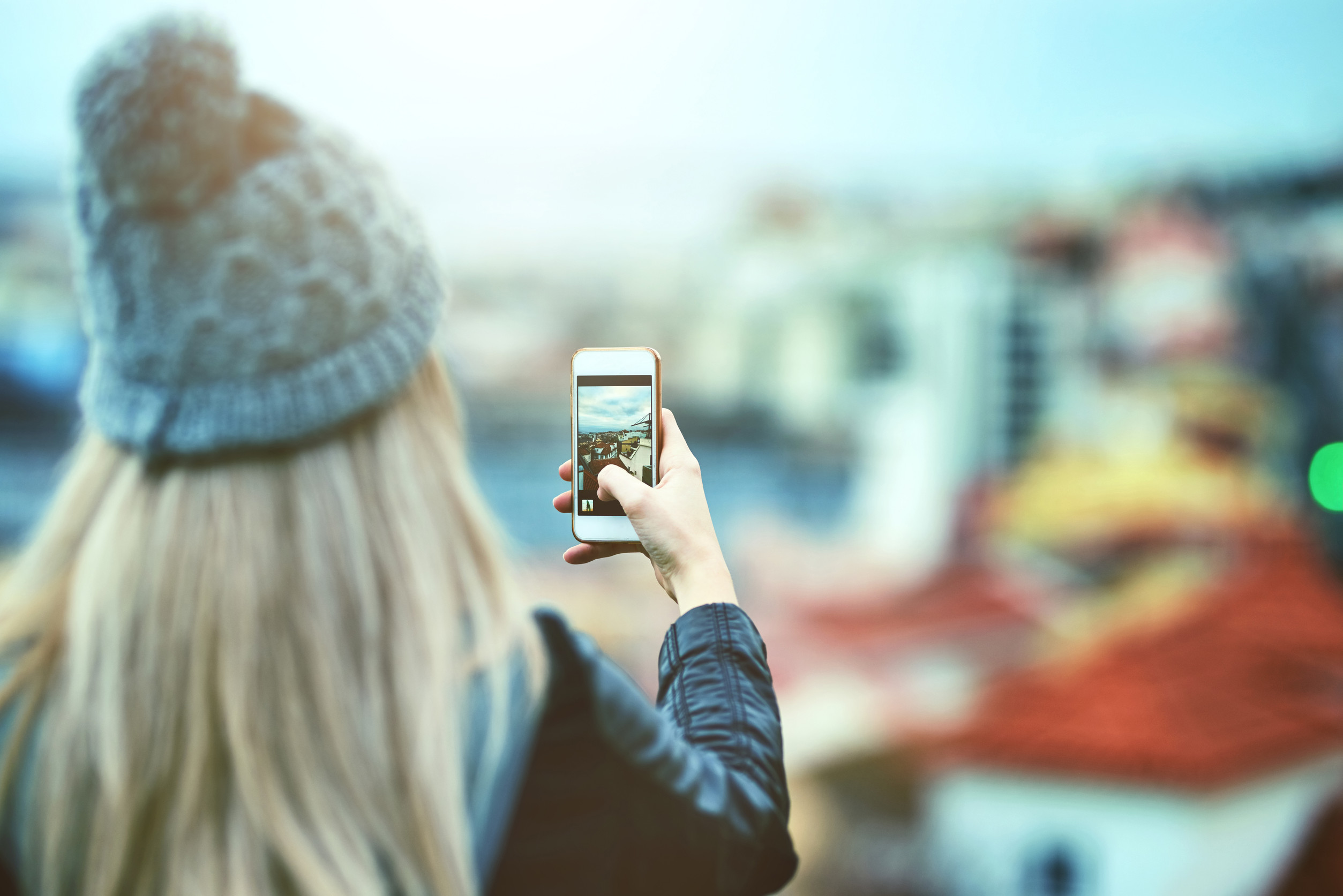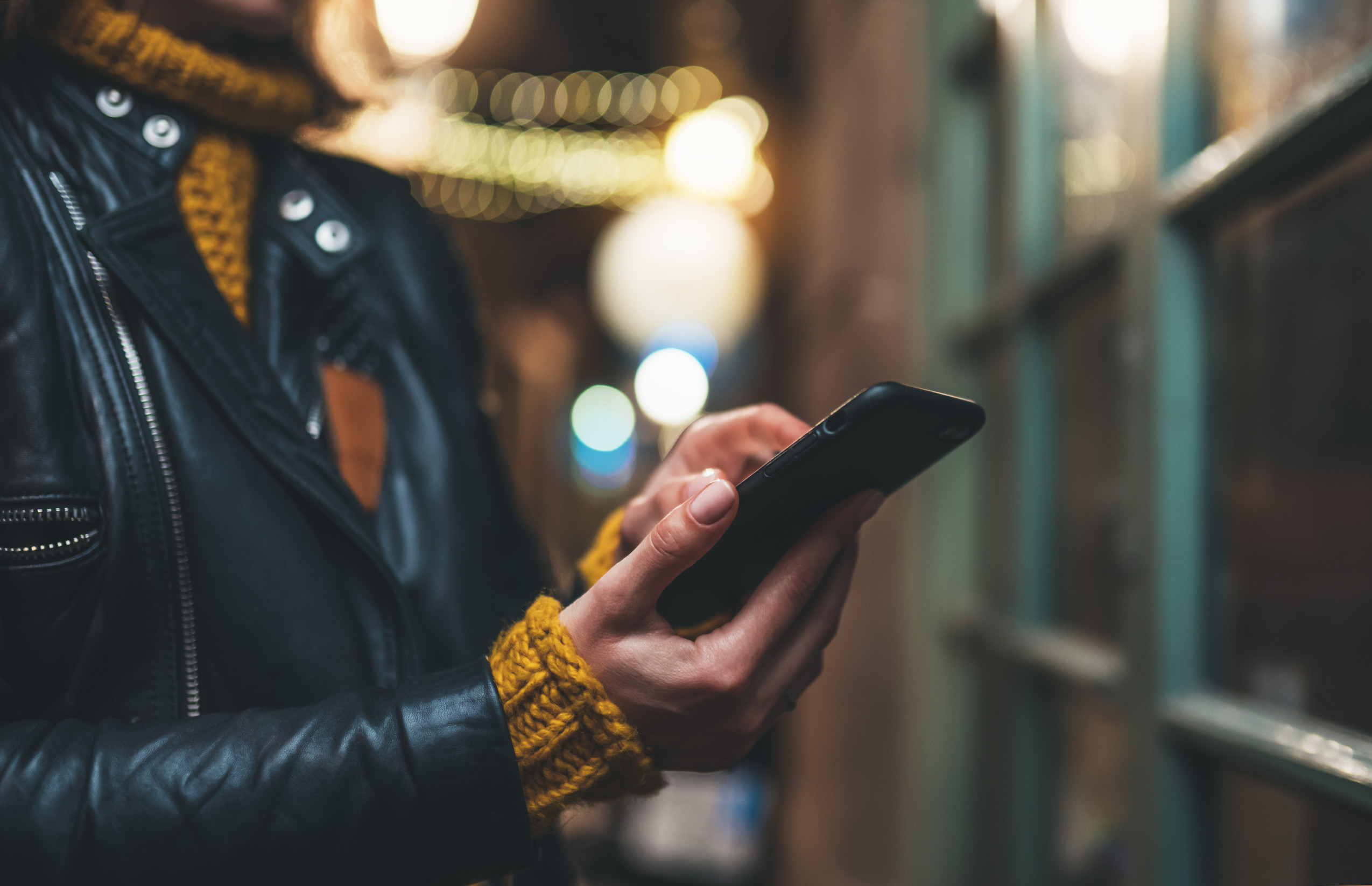It’s no secret that we’re glued to our phones. They buzz, flash, vibrate, and pull our attention dozens—if not hundreds—of times a day. For many of us, reaching for a phone isn’t just habit; it’s become an emotional reflex. We scroll when we’re bored, tap when we’re nervous, and swipe when we’re unsure. But have you ever stopped to wonder why you’re picking up your phone in the first place?
There’s growing concern that smartphones are fueling anxiety, and while there’s truth to that, the full picture is more complicated. Sometimes, the device isn’t creating the anxiety—it’s just making it easier to avoid the emotions we don’t want to feel. The real question might not be “Is my phone making me anxious?” but rather, “What am I using it to run away from?”
The Instant Gratification Trap
Smartphones offer us endless sources of instant gratification—likes, texts, memes, and videos all give us quick bursts of dopamine. But over time, that cycle can train our brains to seek easy distraction over difficult emotion.
When a tough thought or uncomfortable feeling arises, the phone is right there, offering a painless escape. Unfortunately, avoiding discomfort doesn’t make it disappear—it just bottles it up. Eventually, those unaddressed emotions can build into deeper stress, anxiety, or even burnout.
Avoiding Emotions, One Notification at a Time
Think about the last time you felt overwhelmed or uncertain. Did you pause to reflect—or did you open Instagram? Many of us unconsciously use our phones to bypass our own emotional discomfort. Instead of processing fear, sadness, or insecurity, we scroll until the feelings are buried beneath cat videos and vacation photos. This avoidance doesn’t teach us resilience; it creates emotional numbness. And when we finally put the phone down, the feelings we were trying to ignore are still there—only now, they’re louder.
When Anxiety Is a Symptom, Not the Root
Sometimes what we label as “phone-induced anxiety” is actually our body trying to get our attention. That buzzing feeling in your chest, the racing thoughts, the irritability—it might not be from screen time alone. Often, it’s the result of emotions we’ve avoided for too long.
Our phones don’t cause these feelings, but they give us the tools to suppress them. And the longer we suppress, the more anxious we feel—not because of the device itself, but because we haven’t faced what’s really going on.
The Illusion of Connection
One of the biggest promises of the digital world is constant connection. And yes, it’s comforting to know you can reach out to a friend at any moment. But how deep are those connections, really? Liking someone’s story isn’t the same as having a heart-to-heart conversation.
When we rely on shallow digital interactions to fill emotional voids, we end up feeling more isolated than ever. The phone didn’t fail us—it just couldn’t offer the kind of connection we actually need.
Reclaiming Your Emotional Attention
So how do we take our power back? It starts by noticing when you’re using your phone to avoid, not engage. The next time you feel the urge to scroll, pause and check in with yourself: What am I feeling right now? That simple question can shift everything. Over time, practicing this kind of self-awareness builds emotional strength and helps you distinguish between anxiety created by the phone and anxiety that’s been waiting to be heard. The goal isn’t to ditch your phone completely, but to stop letting it be your emotional crutch.
Creating Space for Real Emotion
Facing your feelings isn’t always comfortable, but it’s essential. Instead of numbing out with screens, give yourself permission to sit with what you’re feeling. Maybe it’s sadness, frustration, or just plain boredom—and that’s okay.
Emotions aren’t problems to be solved; they’re signals asking to be acknowledged. When you create space for them, they often lose their intensity—and you gain clarity in return.
A More Intentional Relationship with Technology
It’s unrealistic (and unnecessary) to swear off smartphones entirely. What matters more is how you relate to your device. Are you using it to support your emotional well-being, or to escape it? Setting small boundaries—like no phone in bed or turning off non-essential notifications—can help you reset that relationship. When you use your phone with intention, it becomes a tool, not a trap.
If this hit close to home, you’re not alone. So many of us are navigating the same emotional tug-of-war with our screens. What helps is talking about it. Drop a comment below and share your thoughts—have you ever caught yourself using your phone to dodge tough emotions? Let’s start a conversation.
Read More
Is It Ambition or Anxiety? How to Tell the Difference Before You Burn Out
These 6 Habits Might Look Productive—But They’re Fueled by Anxiety



Leave a Reply